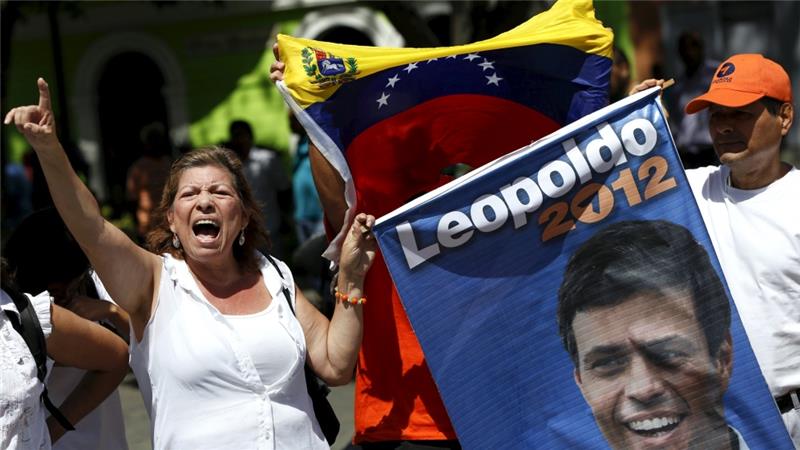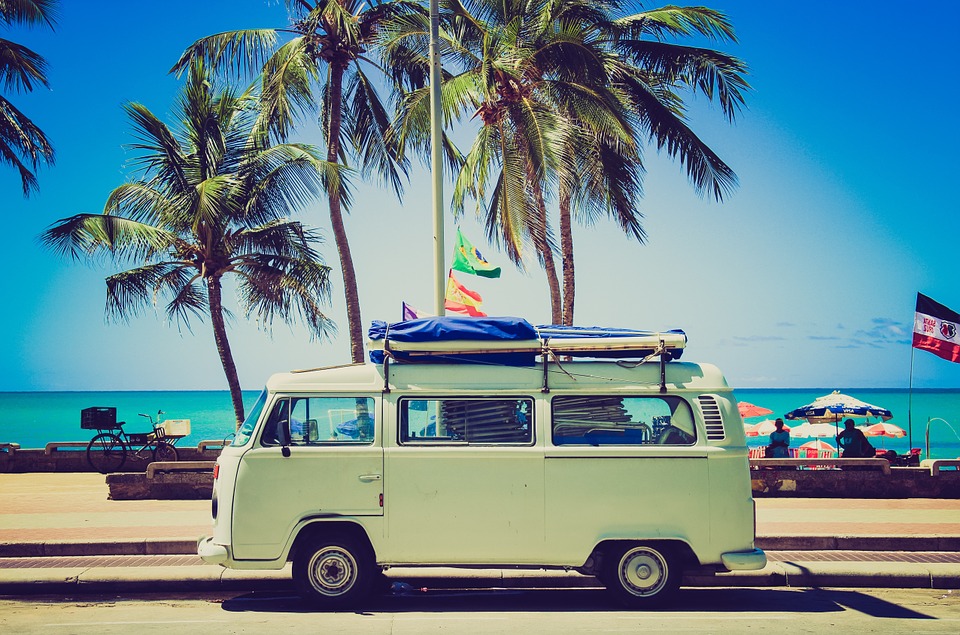Old strategies are no longer yielding results for Venezuela. Nevertheless, in 2016, the Venezuelan government will continue prioritizing foreign debt payments and reinvestment into the energy sector at the expense of imports. So far, this strategy has allowed it to maintain oil production and avoid a disorderly default on its foreign debt. But challenges will arise as inflation frustrates voters and public funds become depleted.
To make matters worse, the ruling United Socialist Party of Venezuela’s (PSUV’s) potential loss of its legislative majority in Dec. 6 elections could diminish the government’s firm control over the legislative branch. Moreover, renewed protests by the opposition in 2016 are likely to be more threatening than the wave of unrest that occurred in 2014, simply because the economy is in much worse condition. As the economy deteriorates and unrest mounts, the government’s unity will be tested, and deeper splits could develop between the major political factions running the country.
Analysis
In the coming year, the Venezuelan government will continue relying on a strategy it has long used to avoid deeper economic turmoil. Since 2013, Venezuela’s central government, which has a near monopoly on the legal disbursement of foreign currency in the country, has cut imports in an attempt to safeguard its dwindling stock of dollars. (In 2015, Venezuela slashed imports by about 25 percent from the year before.) Its goal is to maintain access to its limited foreign lenders at all costs, even though its strategy will spur inflation and exacerbate shortages of food and consumer goods.
This approach is unsustainable in the long run. Venezuela’s high levels of public spending, combined with declining investments into the energy sector, the loss of foreign lending and severe economic distortions that encourage the arbitrage of currency and Venezuelan-produced fuel, have all sapped the country’s public finances. These problems have only worsened since global oil prices began declining in 2014. Consequently, economic reform is politically unpalatable in Venezuela at the moment. Instead, the government has chosen to hope for the best and wait for oil prices to creep back up while it settles on a method of dealing with impending unrest and potential financial default.
Two events could challenge the government’s wait-and-see approach to managing Venezuela’s considerable economic difficulties. The first is the Dec. 6 legislative elections. If the opposition wins by a significant margin, it could gain enough political power to weaken the PSUV’s unchallenged 15-year hold over the three branches of government. The second is the possibility of renewed political unrest from sections of the political opposition or even from disgruntled former supporters of the ruling party. With inflation in 2015 likely to exceed 200 percent compared with the previous year, a significant portion of the population is feeling the effects of rapid price increases and food scarcity. Although protests related to inflation have been limited in size and impact, inflation is set to increase in 2016 and could eventually lead to more frequent and sizable demonstrations largely from the urban and rural poor, the ruling party’s largest support base.

The election poses the most immediate threat to the ruling party. If the opposition wins the election by a wide margin, it could wield considerable influence. A three-fifths majority (101 of the 167 legislative seats) would give the opposition the power to remove the vice president and Cabinet ministers. A supermajority of 112 legislators would allow the opposition to designate members of the crucial National Electoral Council, Venezuela’s highest electoral body. It would also potentially empower the opposition to call for a Constitutional Assembly, which can be used to heavily modify the constitution. In the worst-case scenario, the legislative vote poses an existential threat to Venezuelan President Nicolas Maduro’s government, albeit one that it cannot simply cancel for fear of giving opposition forces a rallying point for protests.
But barring a supermajority for the opposition, the Venezuelan government has some measures it can rely on to keep the opposition in the legislature in check. It can still use the presidential veto or the Supreme Court’s constitutional chamber to overturn legislative decisions. Using these bodies, in combination with selective concessions to the multiple factions within the opposition coalition, Maduro could create enough disruptions to limit the influence of an opposition-led National Assembly. Such an outcome would lead to greater political conflict between segments of the opposition and the government amid a deepening economic crisis that the government can do little to address.
Renewed opposition-led protests in 2016 will also threaten the government. In 2015, the promise that a legislative victory was within the opposition’s grasp likely kept coordinated protests against the state in check. But next year, there will be no such limitations, and sections of the opposition such as the Voluntad Popular party and student organizations could ramp up their demonstrations against the government. With inflation and shortages far worse than those seen during the wave of protests that swept the country in 2014, renewed demonstrations pose a real risk to the government. The demands of any demonstrations could include Maduro’s resignation; starting next year, Maduro can be legally recalled via referendum. If the unrest becomes severe enough, it could also force splits among the factions of the PSUV as members of the party’s elite seek to safeguard their stakes in the national political system.
Meanwhile, the lack of an economic cushion for public finances will keep the risk of financial default alive next year. Meeting foreign debt payments has been an essential part of the ruling party’s strategy to maintain access to Venezuela’s limited foreign lending. During Maduro’s tenure, the government began reducing imports to keep meeting those payments and lower the government’s overall spending. But the PSUV and the government are in a difficult spot. About $16 billion in foreign debt payments is due in 2016, including interest payments. The government has already eaten through $7.2 billion in foreign reserves (32 percent of its total reserves) this year, and off-budget funds that previously bolstered additional spending, such as the National Development Fund, are likely heavily drawn down because of the reduced availability of dollars from oil exports. With few additional sources of revenue outside of state-owned Petroleos de Venezuela’s income, default in the coming year is plausible. At this point, Caracas’ likely options are to delay default by conducting a voluntary Petroleos de Venezuela bond swap or to sell its increasingly limited assets, although the success of such measures is highly dependent on investors’ and bondholders’ perceptions of the country.








